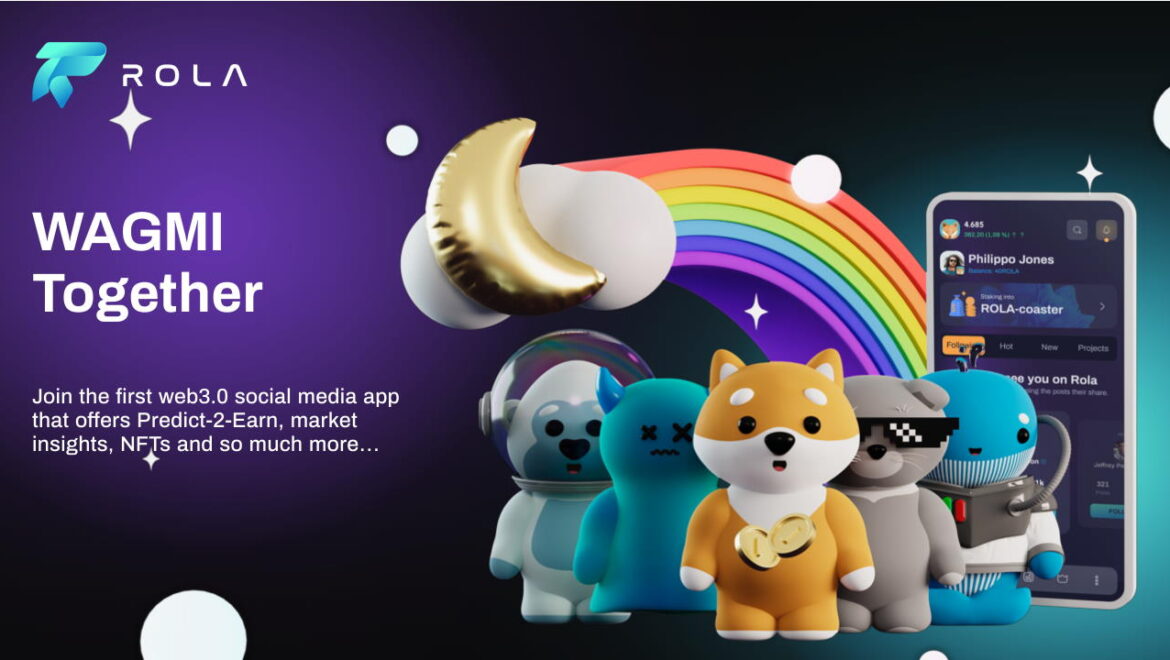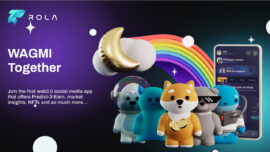
On Thursday, Foundry Digital LLC, the mining company and subsidiary of Digital Currency Group (DCG), announced the launch of Foundry Logistics in order to advance standards in the cryptocurrency mining industry. The newly launched arm of the company plans to “bridge the gap between hardware manufacturers and buyers by providing an all-in-one solution for mining hardware deliveries.”
DCG Company Foundry Launches Mining Logistics Arm
Foundry, the crypto mining, staking firm, and DCG company has announced the launch of a new company venture called Foundry Logistics. The new mining logistics arm follows the firm launching staking services in mid-November last year, and Foundry’s mining machine marketplace the following month. Foundry Logistics aims to enhance and set “high standards of transparency, efficiency, and dependability in the cryptocurrency mining industry.”
Foundry Logistics leverages offices worldwide, and on-the-ground contacts in order to bolster “cost-effective and streamlined deliveries” in the crypto mining industry. The company provides “clients with customs clearance, insurance guidance, ocean shipment solutions, national warehouse solutions, and other domestic surface logistics.” Foundry Logistics customers can also access the company’s mining machine marketplace Foundryx and other services the crypto business offers.
“With Foundry Logistics we want to do exactly what Foundry has done with other business verticals: provide the increasing number of institutions in this maturing industry with products, services, and resources that are at par with those that exist in older and more established industries,” MK Sathya, the senior vice president of infrastructure at Foundry Logistics said in a statement sent to Bitcoin.com News.
Foundry Logistics Launch Follows Company’s Mining Industry Academy
The New York-based company’s mining pool Foundry USA is also the top mining pool in terms of BTC’s three-day global hashrate percentages. During the last three days, Foundry has captured 18.55% of the Bitcoin network’s global hashrate, which equates to 38.42 exahash per second (EH/s). While 469 blocks were collectively discovered by 13 mining pools, Foundry found 87 block rewards. Year-to-date statistics indicate Foundry USA was the top mining pool capturing 16.16% of the global hashrate in 12 months. Out of the 53,864 block rewards found during the course of the past year, Foundry USA found 8,705 blocks.
The Foundry Logistics launch follows the company introducing Foundry Academy on July 19. The academy offers a one-week program to train technicians so they can participate in the bitcoin mining industry. Foundry Academy detailed that registrations for the class are open as the program’s first session concluded in May. Foundry’s academic courses are conducted at a mining facility located in Rochester, New York.
The rising interest among consumers in the consumption of vegan food & beverage along with product introduction by halal manufacturers for these conscious consumers’ is expected to bolster the market growth from the year 2022 to 2030. Key players in the market are launching vegan products due to changing consumer perceptions of animal slaughter and suffering. For instance, in January 2021, AI Islami Foods, and United Arab Emirates (UAE) based halal food giant, launched a plant-based burger. The product is made from a combination of sunflower protein sourced from an organic non-GMO farm, fava beans, and peas. The initiative was taken in response to the growing demand for vegan food, which will further integrate well with the market growth trend.
Islam is the fastest-growing religion, especially in Asia Pacific, which will positively affect the demand for halal products in the region. According to an article published in China Highlights, in February 2022, there are almost 25 million Muslims spread across China and are further concentrated in small groups with Islam being the major community. The growing awareness among Muslims regarding the need and necessity to consume non-haram food owing to their religious sentiments is expected to drive the market. Some of the brands offering halal-certified products in the region are Ecolite, Saffron Road, Prasuma, Keventer, Prima Agri-Products, Nestle, and Pampangas Best.
Key manufacturers in the market are adopting various marketing strategies, such as product innovation, product line expansion, and acquisition, to produce halal foods and strengthen their market position. For instance, in May 2021, Kimly, a coffee operator acquired a 75% stake in Tenderfresh, a food business for USD 54 million. The strategy was amended to expand the industry in Singapore and other neighboring countries that will be available across restaurants, food stalls, and kiosks in the country. Also, Tenderfresh produces halal-certified products which will leverage a competitive edge for these products in the industry.
Halal cuisine has grown in popularity among Muslim and non-Muslim consumers in recent years as it has evolved from a religious identity mark to a guarantee of meals safety, hygiene, and reliability. According to an article published in the United States Department of Agriculture (USDA), in April 2021, the Indonesian government enacted required halal labeling and certification laws, resulting in which consumers increasingly choosing these foods. Manufacturers have broadened their product line in response to increased demand by developing many value-added food items. For instance, in November 2019, Marks & Spencer launched its own-brand halal-ready meals, products including chicken arrabbiata, chicken and mushroom tagliatelle, chicken and leek bake, and chicken hotpot, chicken jalfrezi, and chicken tikka masala. These meals will be available in U.K., Dubai, and Singapore outlets, operated by Al-Futtaim.
Product Insights
The meat & alternatives segment held the largest market share of 51.6% in 2021 and is expected to maintain dominance during the forecast period. Growing consumer preference for bacteria-free meat owing to health, hygiene, and safety concerns, the demand for these products will witness a rise in the foreseeable period. According to an article published in the National Library of Medicine, in June 2020, 70% of consumers in England prefer halal meat over normal meat. Also, 50.8% of consumers eat meat once a week, 45.6% once a day, 3.2% once a month, and 0.4% eat meat occasionally. Moreover, respect for the welfare of animals, and a degree of acculturation are also some of the vital influencers in the growth of the segment.
However, grain products are projected to register the fastest growth during the forecast period with a CAGR of 4.3% from 2022 to 2030. Cereals or grain products are gaining momentum among consumers due to their nutritional benefits. These products include wheat, rice, pasta, bread, and breakfast cereals. According to an article published in Multidisciplinary Digital Publishing Institute (MDPI), in February 2022, 16% of halal-certified grain foods were consumed by buyers across the world. Many key brands in the market are following halal as a new concept in marketing. For example, Kellogg’s cereals are available with the halal symbol on the package to garner more consumers preferring health benefit products, especially in the Muslim community.



0 comments
Write a comment